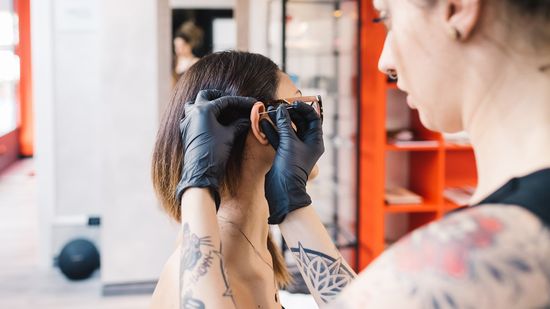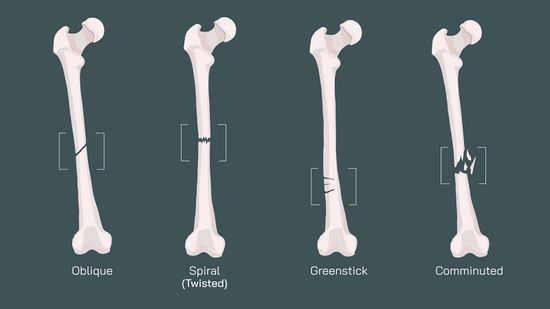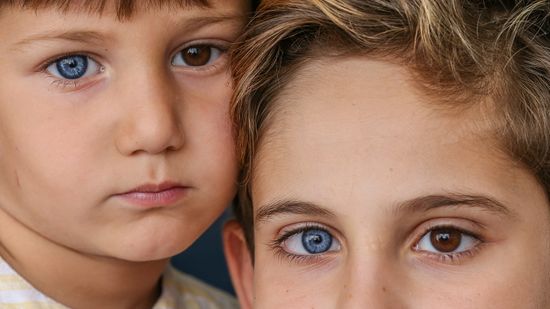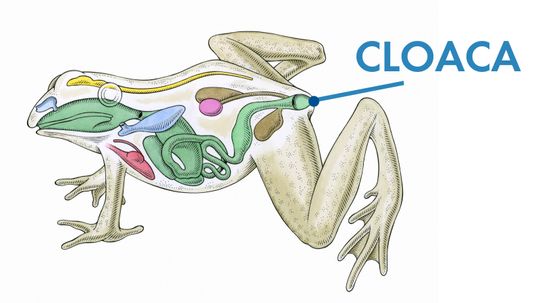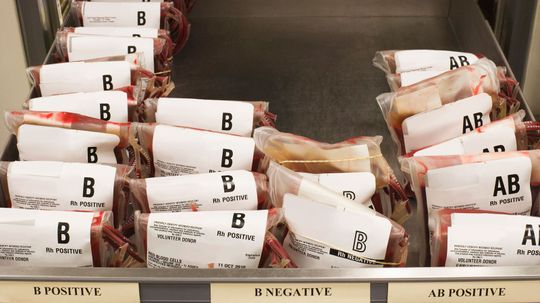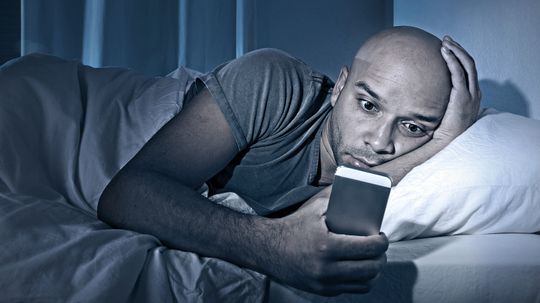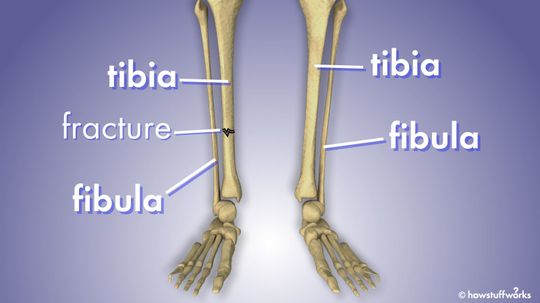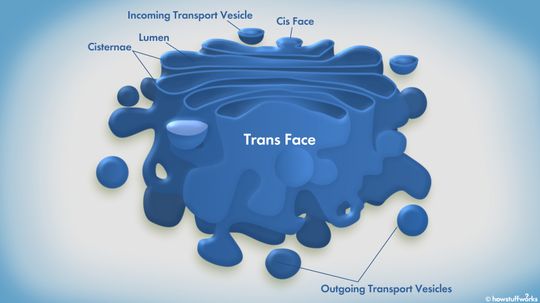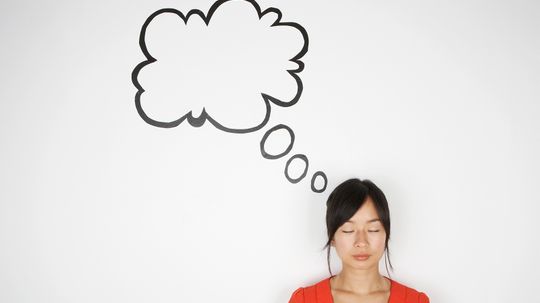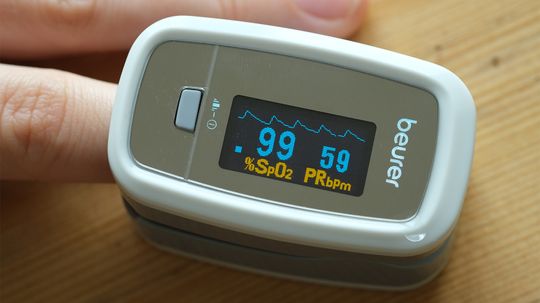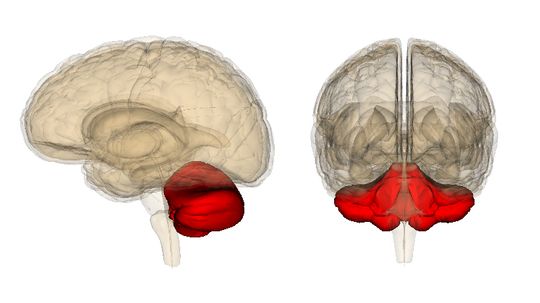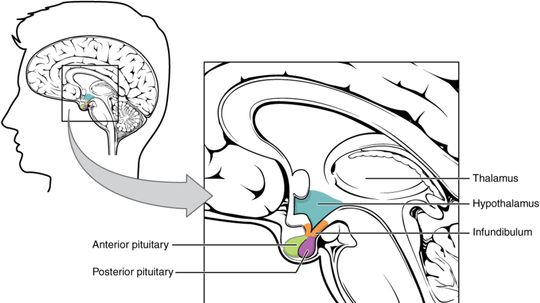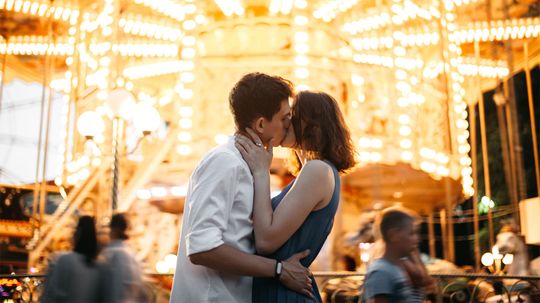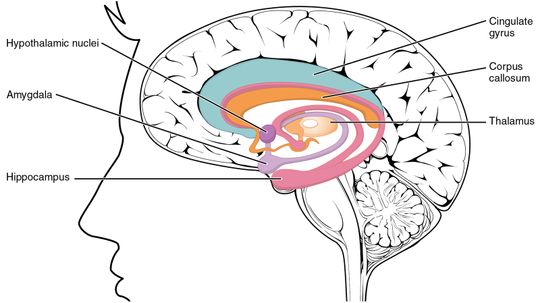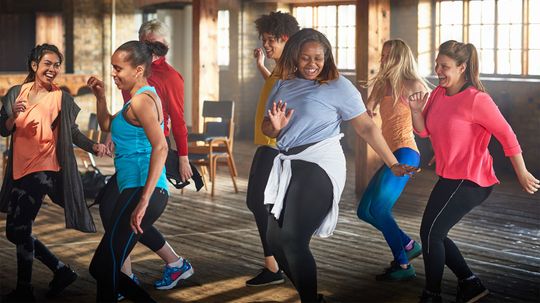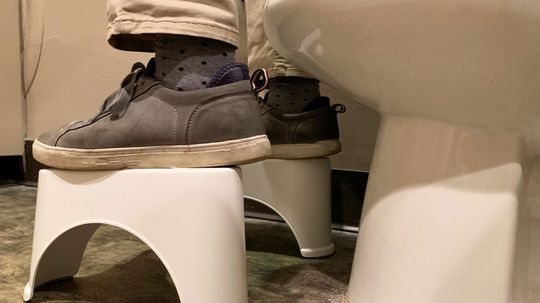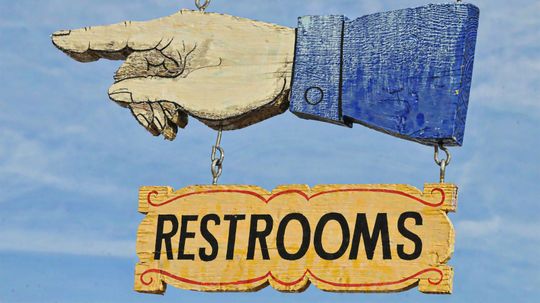Human Body
The human body is an amazing structure made up of many fascinating parts and systems. Learn about the human body and how its systems work together.
Learn More / Page 2
Does using a bathroom other than your own freak you out? The Faux Fan drowns out the sounds your body makes when you have to, well, go, so you can poop without worrying people will hear.
By Meg Sparwath
Empty nose syndrome is a rare problem where patients have clear nasal passages but constant sensations of being unable to breathe. And worst of all, many doctors believe it's all in their heads.
Savant syndrome is a rare condition in which someone with significant mental disabilities demonstrates certain unexplained extraordinary abilities, such as playing music or remembering prodigious amounts of information.
Advertisement
A cloaca is a single bodily opening in many animals for excretion and reproduction. In rare human cases, failure to separate during development leads to complications.
By Alia Hoyt
We've probably all been breathing wrong our entire lives. Why is that? Experts suggest we should focus on breathing through our noses and most of us don't.
There are eight major blood types and some are more common than others. But what's the rarest of them all?
Proprioception refers to our ability to perceive our body's position and how we move through space. It's often considered our sixth sense because we do it without thinking about it.
Advertisement
Blue light glasses are super popular these days. But do they work the way marketers promise?
You probably remember the jingle from kindergarten ... the shin bone's connected to the, wait, what bone is it?
The Golgi apparatus is the mail room of the cell, packaging up proteins from the endoplasmic reticulum and sending them to their final destinations.
Although the inability to picture things in your head would seem to be a hinderance, some experts say it's definitely not a creativity killer and actually can have some advantages.
By Alia Hoyt
Advertisement
A low oxygen level in your blood is a good indicator of a COVID-19 infection, but what exactly does that mean and how do doctors test for it?
Maybe you've never even thought about it when you've smelled - or emitted - a particularly odoriferous fart. But can that fart spread disease?
You almost never notice the way your own place smells. Why is that?
'Emma' is the hard-to-ignore embodiment of what years behind a desk could do to your body. She's hunched over, has bad skin and even varicose veins. Don't become Emma.
Advertisement
The cerebellum is the part of our brain that controls voluntary movements like posture, balance, coordination and speech.
The hypothalamus is a tiny area of your brain that keeps everything - hunger, thirst, sleep, energy, mood - in balance.
Sometimes referred to as the "cuddle hormone," oxytocin is released during sex and breastfeeding. But does it make you fall in love with someone or just bond you more with someone you already love?
By Dave Roos
Located in the temporal lobe, this tiny horseshoe-shaped organ plays a massive role in both the storage of long-term memories and the creation of new ones.
Advertisement
Homeostasis comes from the Greek words for "similar" and "steady" but this state of steadiness is anything but boring. In fact, it's what you want your body to be.
By Alia Hoyt
The amygdala is a small part of the human brain that most humans have probably never heard of.
A new study found that giving your feet a boost in the bathroom lessened constipation (and straining) significantly.
By Alia Hoyt
It seems pretty safe to blow the old honker, doesn't it? Well, think again.
Advertisement
A group of scientists are trying to end the misleading claim that excessive sitting is just as bad for you as smoking.
By Alia Hoyt
Travelers commonly experience unusual bowel symptoms while traveling. Why is this, and what can we do about it?
